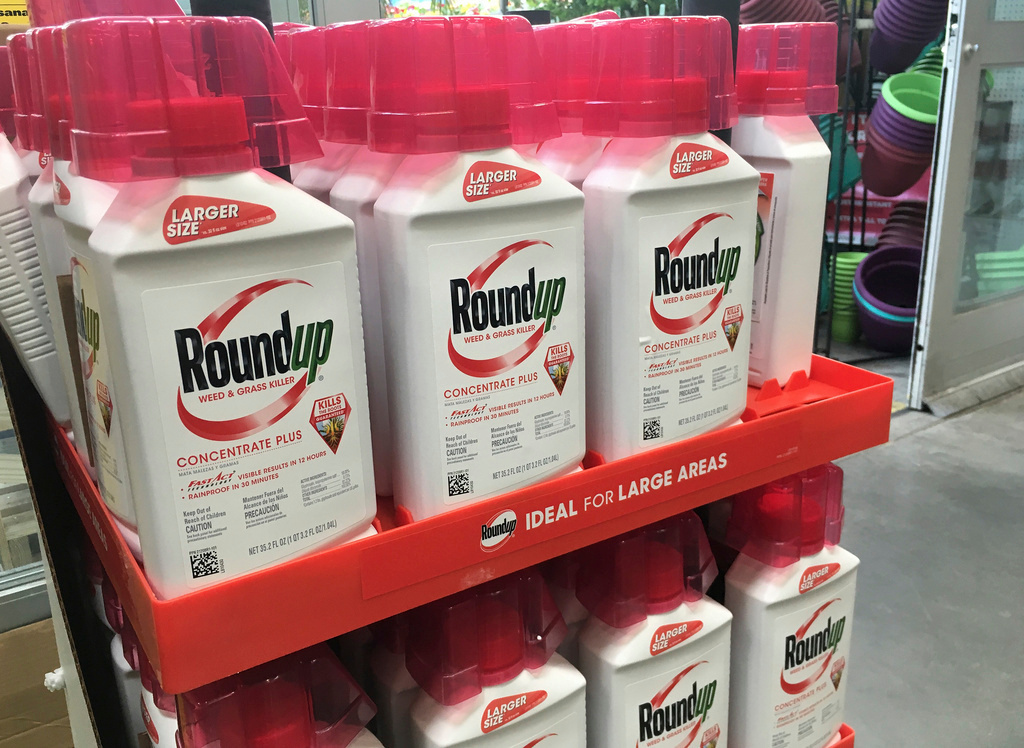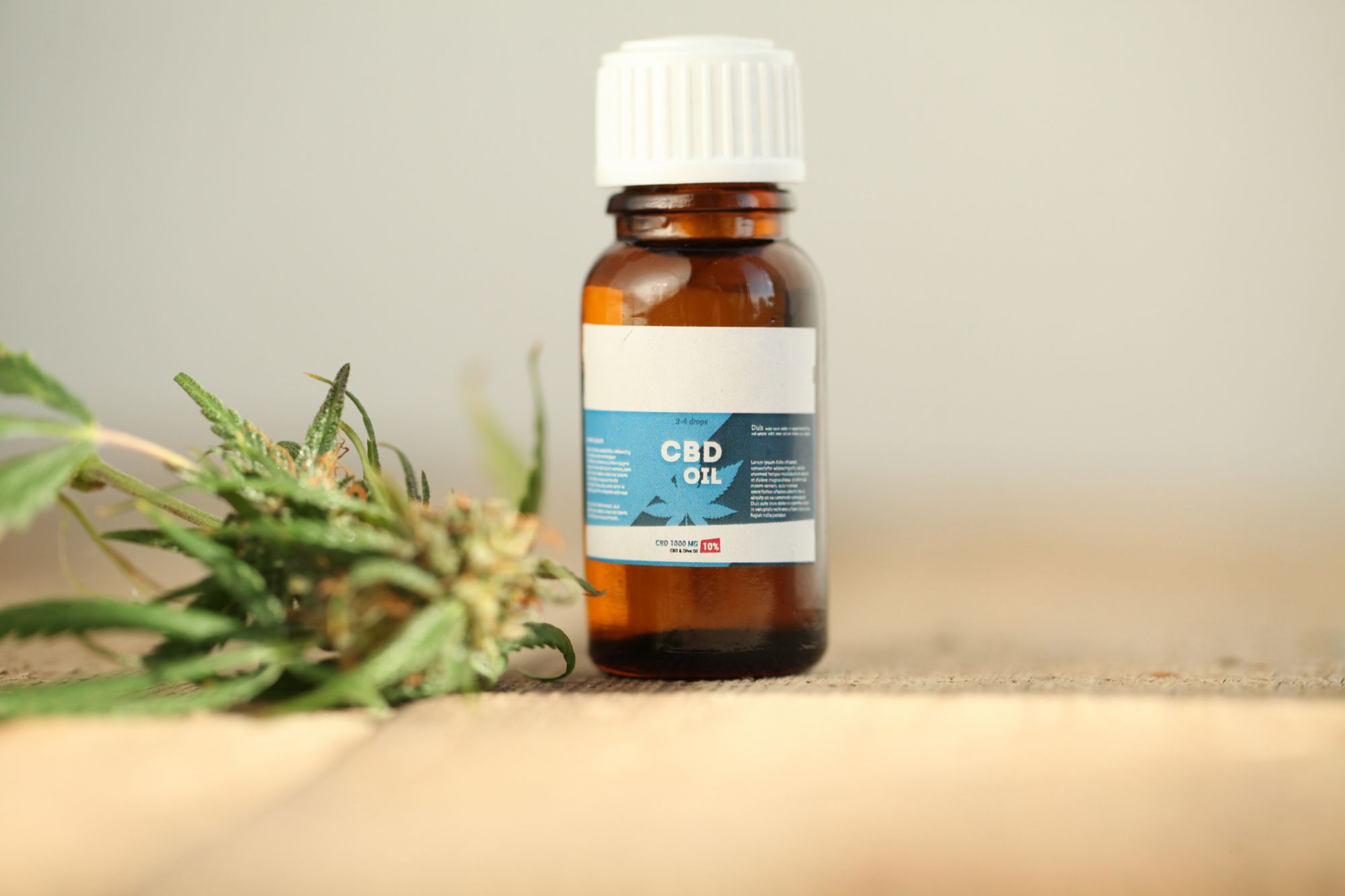A state appellate court this week upheld a landmark ruling that awarded $87 million in damages to a Livermore couple who used Monsanto’s then-popular herbicide Roundup at home for roughly 30 years and later both developed similar types of cancers.
In a 2-1 ruling Monday, the First District Court of Appeals in San Francisco decided that evidence in a 2019 Alameda County Superior Court trial proved “Monsanto’s intransigent unwillingness to inform the public about the carcinogenic dangers of a product it made abundantly available at hardware stores and garden shops across the country.”
Alva and Alberta Pilliod of Livermore both developed non-Hodgkin’s lymphoma between 2011 and 2015 before they stopped using the product and later sued.
“It was a great victory,” Alberta Pilliod, 77, said about the ruling in a phone interview Tuesday. “We feel very good about it.”
The appellate court judges affirmed that Monsanto tried to distort the science around whether the active ingredient in Roundup, glyphosate, can cause cancer in humans, and showed “reckless disregard of the health and safety of the multitude of unsuspecting consumers it kept in the dark.”
An Alameda County court jury initially awarded the couple $2 billion in punitive damages and $55 million in compensatory damages, but the trial judge reduced the total amount to $87 million.
Monsanto appealed that decision, but appellate court Presiding Judge J. Anthony Kline and Judge Marla J. Miller upheld the lower court’s ruling. Appellate court Judge James A. Richman dissented in part, writing that although he felt punitive damages were warranted, the amount was “grossly excessive.”
Bayer, Monsanto’s parent company, took issue with the decision in an email sent to this news organization on Tuesday.
“We respectfully disagree with the court’s ruling as the verdict is not supported by the evidence at trial or the law,” Bayer wrote. “Monsanto will consider its legal options in this case.”
Bayer announced last month it would pull Roundup and all other glyphosate-based products from store shelves in the U.S. beginning in 2023, and replace them “with new formulations that rely on alternative active ingredients.” The original product will not change for farms and professional use, the statement said.
Bayer said in its statement the changes are being made “exclusively to manage litigation risk and not because of any safety concerns.”
“We continue to stand strongly behind the safety of Roundup, a position supported by four decades of extensive science and the assessments of leading health regulators worldwide that support its safe use,” Bayer said.
Alberta Pilliod said Tuesday that while winning a substantial sum of money from the ruling definitely is a benefit, that wasn’t why she and her husband sued.
“Our main objective for going into this was trying to get Monsanto to warn people that glyphosate was dangerous,” she said.
“The money was really nice, but the victory was in getting that stuff off the shelves so that other people wouldn’t have to go through what we went through, and what we’ve been going through,” she said.
Her brain cancer, once in remission, has returned, and she is undergoing multiple treatments to fight it again, according to one of her attorneys, Mike Miller.
“My life has definitely been shortened by the cancer that I got from Roundup,” she said.
Alva Pilliod, 79, said the cancers have impacted many of their plans for retirement together.
“We can’t go out and travel like we wanted because of the physical limitations. There’s a lot of things we can no longer do,” he said, adding that he was diagnosed with cancer in 2011 and it went into remission in 2013.
A train trip across Canada, sailing, and visiting their kids and grandchildren who live in different parts of the U.S. were on their list of things to do in retirement.
Brent Wisner, a co-lead attorney for the Pilliods, said the court ruling is a “huge victory” for them and for thousands of people bringing cases like theirs.
“It signals to Monsanto and its shareholders that their exposure in these cases is through the roof,” Wisner said.
For the hundreds of thousands of people who’ve used the products for years, Monsanto’s plan to eventually pull them from store shelves is “a dollar short and a day late,” he said.
Though the U.S. Environmental Protection Agency has determined that glyphosate does not pose a human health hazard, the World Health Organization’s International Agency for Research on Cancer announced in 2015 that the chemical is probably a carcinogen. In 2017, California mandated that glyphosate products carry a Proposition 65 warning as a possible cancer-causing agent.
In 2019, the Pilliods’ court victory represented the third in a year for California plaintiffs claiming Roundup gave them cancer.
Dewayne Johnson, a school groundskeeper in Benicia, was awarded $289 million in San Francisco Superior Court in 2018, though judges later reduced the amount to $21.5 million, according to Wisner.
In March 2019, in the first of thousands of federal cases, a jury in San Francisco awarded $80 million to Edwin Hardeman of Sonoma County, though that amount was also reduced, to $25.2 million, Wisner said.
Both of those cases were upheld by judges in various appeals courts.
Bayer said Monsanto plans to ask the U.S. Supreme Court this month to review the Hardeman case.
Alva Pilliod, after reflecting on the long legal battle and serious health impacts they’ve experienced, said simply: “Don’t use Roundup.”










